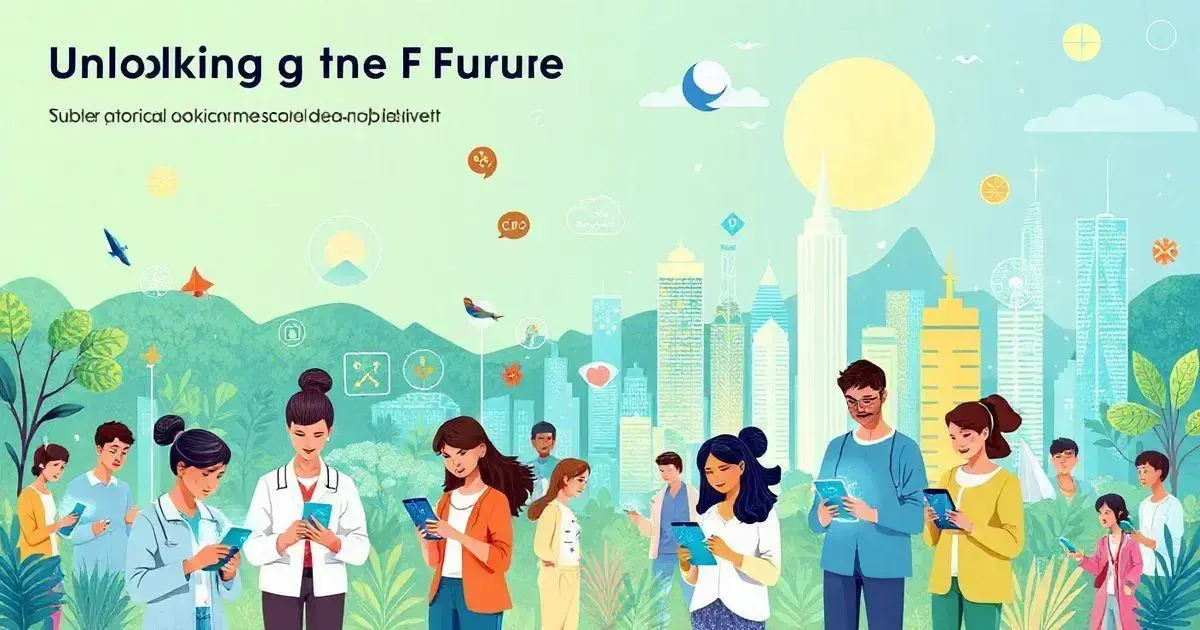Mobile technology is transforming how we live, work, and stay connected. From instant messaging to remote work solutions, it has become an essential part of daily life. The ability to access information anytime, anywhere, has reshaped modern communication.
With advancements in mobile technology, devices like smartphones and wearables continue to improve efficiency and convenience. Businesses, healthcare, and education sectors rely on these innovations to enhance productivity and user experiences. Staying up to date with these trends is key to leveraging their benefits.
As new developments emerge, understanding mobile technology is more important than ever. Keep reading to explore the latest innovations and how they are shaping the future of connectivity and digital experiences.
What is Mobile Technology?
Mobile technology enables communication and access to information through portable devices like smartphones and tablets. These gadgets allow users to stay connected, browse the internet, and perform essential tasks from anywhere.
What started with basic mobile phones has evolved into advanced smartphones with powerful operating systems. These devices now support countless applications, revolutionizing how people interact with technology.
Mobile connectivity has become vital in both personal and professional life. Businesses rely on mobile apps for customer engagement, while remote work depends on seamless connectivity. As 5G technology advances, even faster speeds and improved performance will shape the future of digital interactions.
History of Mobile Technology Developments
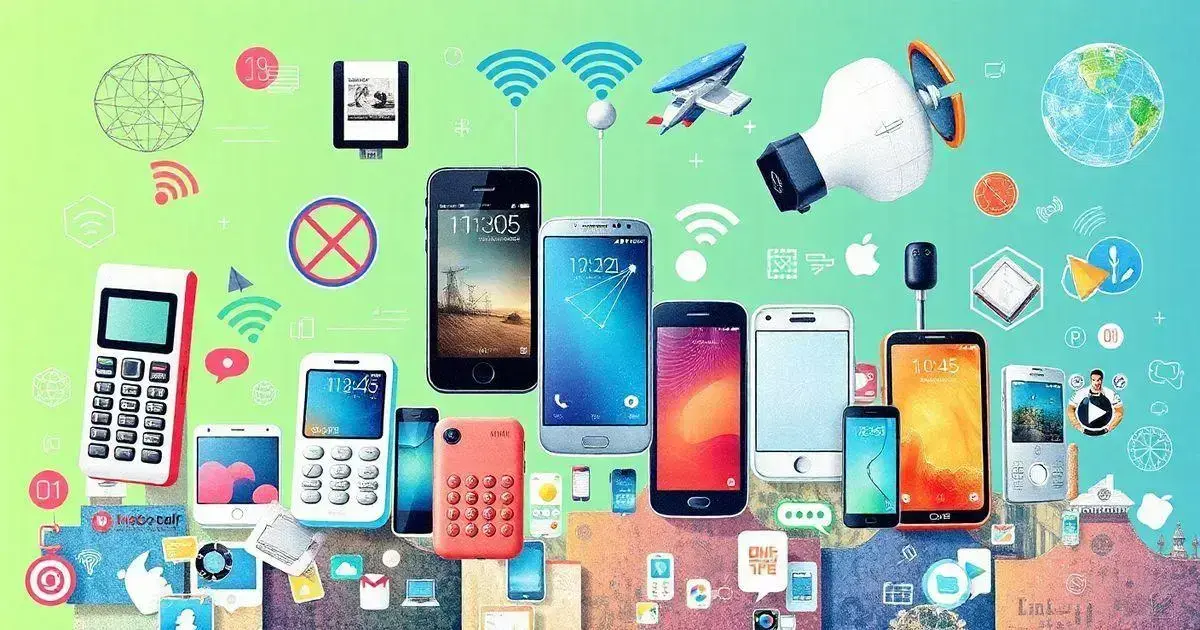
The history of mobile technology spans several decades, beginning with the first mobile phones in the 1980s. Initially, these devices were bulky and only capable of making calls. Over time, technology advanced rapidly, and key milestones emerged.
The introduction of SMS messaging in the 1990s revolutionized communication, allowing users to send short text messages. In the early 2000s, the launch of smartphones changed the landscape, combining calling, texting, and internet access into one device.
Touchscreen technology and app ecosystems further transformed mobile devices, making them essential tools for everyday life. Today, mobile technology includes various features such as social media integration, high-speed internet, and advanced applications for various purposes, leading to an era of unparalleled connectivity.
Progress continues as we move towards innovative technologies like 5G, promising even faster and more reliable communication options for users worldwide.
Impact of Mobile Technology on Communication
The impact of mobile technology on communication is profound and far-reaching.
Key points:
Smartphones enable instant connection through calls, texts, and social media.
Constant connectivity shrinks distances for real-time conversations.
Ease of message sending enhances personal and professional relationships.
Businesses can communicate effortlessly with customers, improving service.
Communication apps promote collaboration and information sharing.
Mobile Technology in Education
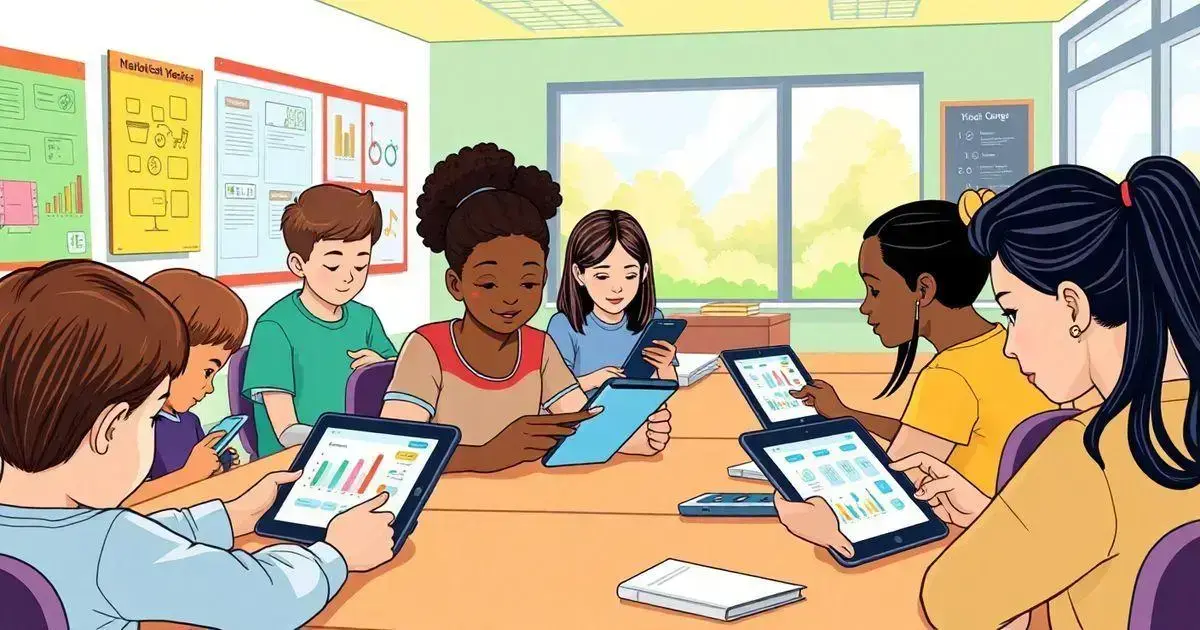
Education has been transformed with the rise of mobile technology, giving students and teachers access to innovative learning tools. Smartphones and tablets allow learners to explore vast resources anytime, enhancing their educational experience.
Educational apps make complex subjects more engaging, while virtual learning platforms promote flexibility. Online classes enable students to participate from anywhere, making education more inclusive.
Real-time communication between teachers and students improves feedback and support. Collaborative tools further enhance teamwork, redefining traditional education methods and creating a more interactive learning environment.
The Role of Mobile Technology in Business
Businesses rely on mobile technology to enhance communication, streamline operations, and improve customer engagement. It allows employees to access data and tools remotely, boosting productivity and flexibility.
Mobile marketing strategies help companies reach a wider audience, ensuring competitiveness in a digital world. Apps provide instant customer support and feedback, strengthening brand loyalty.
Remote work is now more efficient, enabling seamless collaboration and reducing operational costs. As businesses continue to evolve, adopting new mobile solutions will be key to long-term growth and innovation.
Future Trends in Mobile Technology
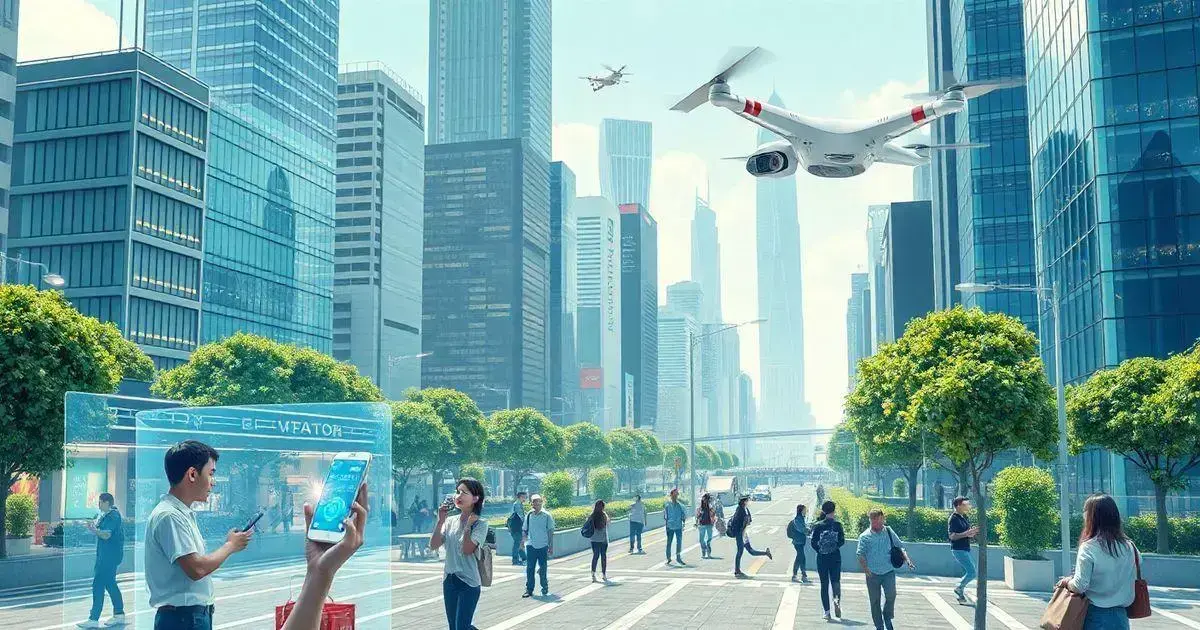
The future of mobile technology is filled with exciting advancements. The rollout of 5G will provide faster speeds and more reliable connections, enhancing streaming, downloads, and app functionality.
Artificial intelligence is set to play a bigger role, making devices smarter and more user-friendly. AI-driven applications will offer personalized recommendations, automate tasks, and improve efficiency across various industries.
Augmented reality (AR) and virtual reality (VR) will further enhance gaming, education, and training experiences. Meanwhile, security measures will strengthen to protect user data and privacy. As these innovations evolve, mobile solutions will continue to reshape daily life and global connectivity.
Challenges Facing Mobile Technology Adoption
The widespread adoption of mobile technology faces several obstacles that can slow its growth in different sectors. High costs for modern devices and infrastructure make it difficult for small businesses and startups to keep up.
Data security and privacy concerns are another major challenge. With more personal information being shared, the risk of breaches increases, leading to hesitation among users.
The digital divide also impacts accessibility, limiting education and economic opportunities in underdeveloped areas. Additionally, lack of training and technical support can make it harder for users to fully utilize new tools.
Regulatory issues further complicate adoption, as policies struggle to keep pace with rapid technological advancements. Overcoming these challenges is key to ensuring that mobile solutions are accessible, secure, and beneficial for all.
Mobile Technology and Social Media
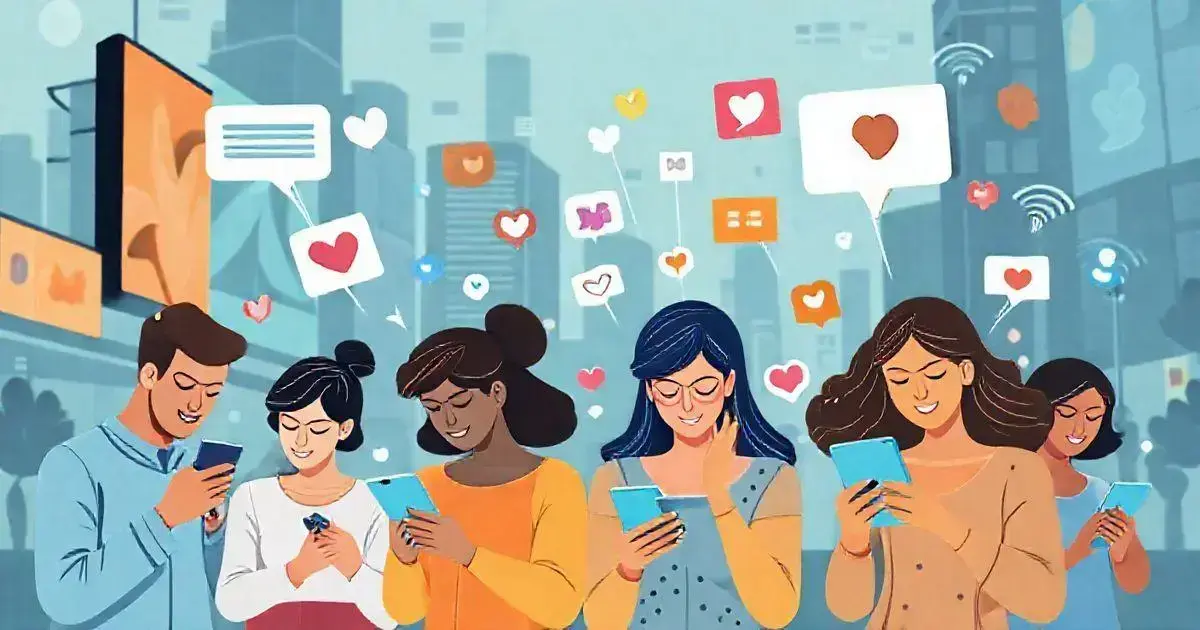
Mobile technology has revolutionised the way we interact with social media, creating a dynamic platform for communication and connection.
The development of smartphones has made it easier for users to access social media apps anytime and anywhere. This instant connectivity allows for real-time sharing of updates, photos, and videos, enhancing social interactions.
Mobile technology also contributes to the rise of social media influencers, who can reach a wide audience through mobile content. Brands leverage these influencers for marketing, increasing their visibility in competitive markets. Additionally, features like live streaming and stories enable users to share moments in real-time, fostering a more engaging experience.
Moreover, mobile notifications keep users informed about important updates and messages from their social networks. This continuous interaction encourages frequent use, keeping social media at the forefront of our daily activities.
However, it is essential to be aware of the impact of mobile technology on social media, including issues related to privacy and mental health.
Health Applications of Mobile Technology
help users track their health, manage chronic conditions, and monitor vital signs. Features like medication reminders and fitness tracking support healthier lifestyles.
Telemedicine enables remote consultations, reducing wait times and improving access to care. Many health apps integrate with wearable devices, providing real-time health insights and encouraging better habits.
Security and data privacy are crucial. Developers must protect sensitive information to maintain trust. Mobile technology continues to enhance health management, making it easier for users to take control of their well-being.
The Impact of Mobile Technology
Mobile technology has fundamentally transformed the way we communicate, access information, and conduct business. Its role in education, health, and daily life continues to grow, enhancing convenience and efficiency.
Despite challenges such as data privacy concerns and the digital divide, the benefits of mobile technology far outweigh the drawbacks. As we move forward, embracing trends like 5G and AI integration will enable even more remarkable innovations.
In summary, mobile technology is not just a tool, but a vital part of modern society that shapes how we connect and interact with the world around us.
Check out our article on Virtual Reality Trends to discover how this cutting-edge technology is reshaping entertainment, business, and beyond.
